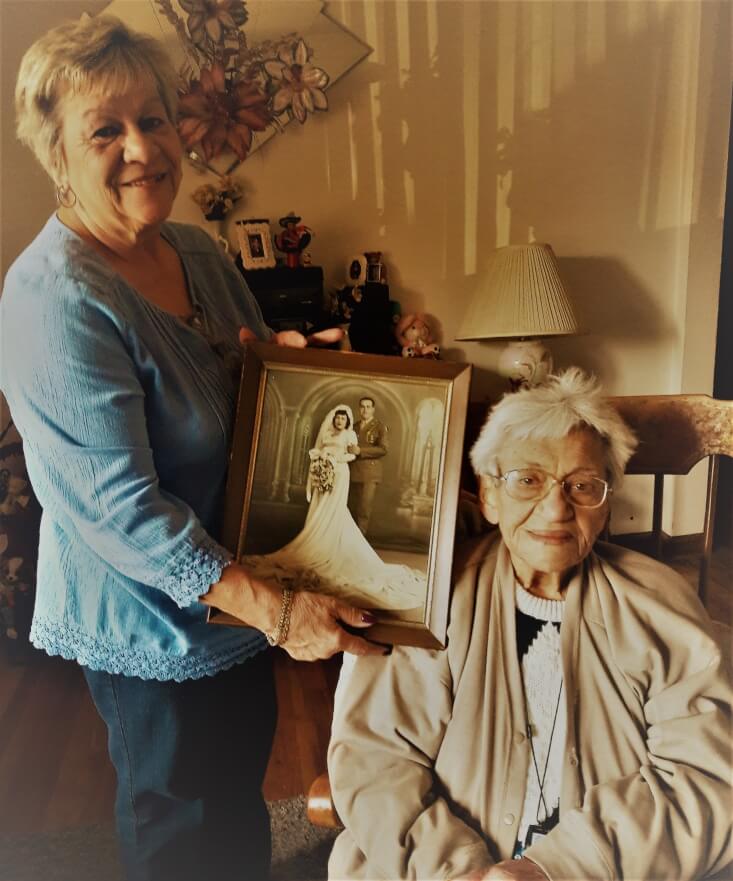Veterans Home Care Guidelines
September is National Prostate Cancer Awareness Month and it’s an incredibly important topic for men over the age of 50 to pay attention to. For veterans, whether they rely on home care at the moment or not, it’s important that they get properly screened on a regular basis.
Prostate cancer claims the life of one man every 19 minutes. An aging male has a 35 percent greater chance of developing prostate cancer than a woman has of developing breast cancer. Here are three tips that can help a family member or loved one convince an aging veteran to get properly screened for not just prostate cancer, but for other health ailments that can develop over time.
Tip #1: Be direct.
It is far too easy to try and ‘beat around the bush’ when talking about healthcare issues, especially with a family member. However, it is far more effective to be as direct and honest as possible. You may be uncomfortable talking to your elderly father about the prospect of prostate cancer, as this is a male disease, but when you are clear, open, and honest about the risks he may face, it can be easier to convince him to get screened.
Tip #2: Understand family history.
Family history, a.k.a. genetics, can play a significant role in whether or not a person is at a higher risk of developing certain forms of cancer and other health issues. If you know that your grandfather, great-grandfather, uncle, or somebody else in the family had suffered from prostate cancer in the past, this is a good way to begin convincing your father to at least consider making an appointment and visiting his doctor.
If you’re not sure about the family history with regard to prostate cancer, your father may have better information about it.
Tip #3: Get the facts.
The more you know about various risk factors associated with prostate cancer, especially as it pertains to your father, the easier it will be for you to convince them that this is something serious to take care of as soon as possible.
Just because your father may be a veteran doesn’t mean he can avoid some of these serious health issues. He will usually have health care coverage provided by the Veterans Administration, so financially there is no excuse not to visit his doctor for proper screenings.
When you’re talking about a serious health issue such as prostate cancer, talk about it with your father as soon as possible, whether this veteran requires home care or not.
For more information and to learn about Veterans Home Care Guidelines, contact Veteran’s Home Care at (888) 314-6075.
















